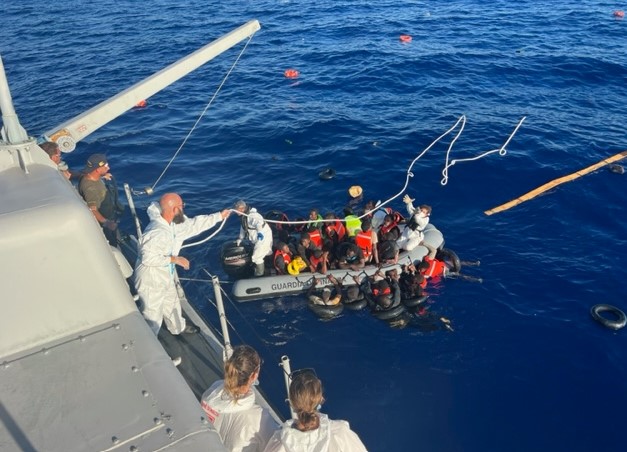Europe is facing an unprecedented challenge in the contemporary era: immigration. Migration flows from different parts of the world, particularly from Africa and the Middle East, have strained the policies and resources of European countries. Particularly those located along the continent’s southern shores.
In this context, the Dublin Treaty emerges as a key element in the management of migration flows and the distribution of responsibilities among European Union (EU) member states.
In this article, we will explore what the Dublin Treaty is and what it provides for. And, why it is so important at a time in history marked by heavy immigration on the shores of southern Europe.
Table of Contents
History of the Dublin Treaty: the key points
The Dublin Treaty, officially known as the “Dublin Regulation,” was originally adopted in 1990. And, subsequently revised in 2003 and 2013.
The main objective of the treaty is to establish rules for determining which EU member state is responsible for examining an asylum claim made by a migrant.
The Dublin Treaty is based on a few key principles, including:
1. First state of entry principle
According to this principle, the country where a migrant first enters the EU is responsible for examining his or her asylum claim. This principle aims to prevent the phenomenon of “asylum shopping”. In which, migrants seek the country with the most favorable regulations.
2. Relocation mechanisms
The treaty also provides for relocation mechanisms to more equitably distribute migrants among member states. This is especially important for coastal countries that face a significant influx of migrants.
Criticism and controversy over the treaty
Despite its intent to fairly distribute responsibilities, the Dublin Treaty has been the subject of criticism and controversy. Some member countries believe that the current system is unfair and puts a disproportionate burden on those along the southern borders.
This has led to tensions within the EU. And has called into question the effectiveness of the treaty in managing migration crises.
As the shores of southern Europe are now the scene of continued heavy immigration, the Dublin Treaty becomes even more relevant.
Indeed, it provides a legal framework for managing arrivals and allocating responsibilities. Thus helping to avoid conflicts between member states and ensuring that asylum claims are processed fairly and efficiently.
The need for reform and solidarity
Given the complexity and magnitude of current migration challenges, many believe that the Dublin Treaty is in need of significant reform. Solidarity among member states becomes critical to effectively address migration crises.
The EU must work to strike a better balance between the responsibility of countries of first entry and the sharing of responsibilities among all member states. In fact, there are often cases where certain European countries do not want migrants and close their borders. Thus igniting strong international political debates.
The Dublin Treaty, therefore, represents a milestone in the management of migration in Europe. At a time like the present when migration is at the center of political and economic concerns, the treaty provides a key regulatory framework for determining responsibilities. And, ensuring that asylum claims are processed fairly and efficiently.
However, the current challenges call for deep reflection and reforms to ensure a more equitable distribution of responsibilities among EU member states. And, greater solidarity in addressing the complex issue of the migrant emergency.












